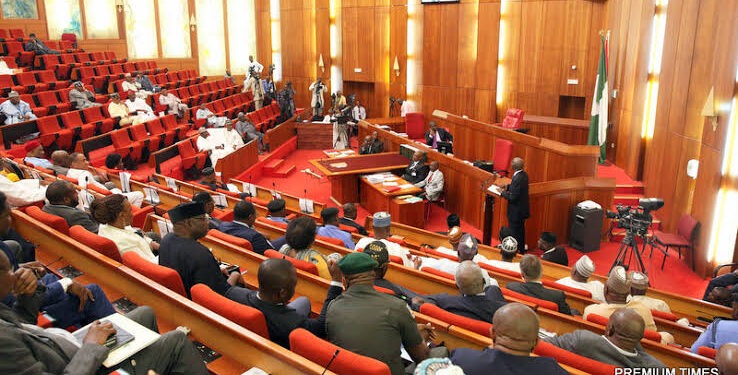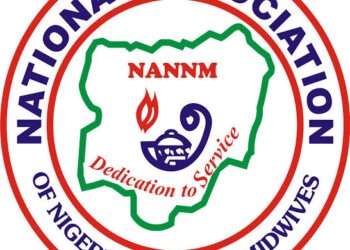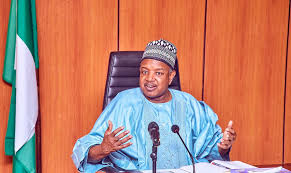The Nigerian Senate is taking bold steps to criminalise electricity infrastructure vandalism and reform the failing power sector.
Senator Enyinnaya Abaribe led the charge with a new bill that scaled second reading in Tuesday’s plenary session.
Senate President Godswill Akpabio swiftly referred the bill to the power committee to report back in six weeks.
This bill directly responds to the rising sabotage of power infrastructure that continues to cripple national electricity delivery.
Lawmakers are determined to end electricity infrastructure vandalism and set a new tone for accountability in the energy sector.
Senator Abaribe made it clear: this is a crucial effort to stabilise and future-proof Nigeria’s power framework.
He said Nigeria’s electricity infrastructure vandalism problem is a national emergency that must be stopped with strong legislation.
The amendment clarifies regulatory roles between NERC and states on national grid management and intrastate energy operations.
It also introduces a structure for how power companies must engage with host communities across value chains.
Senator Akpabio reminded citizens that lawmakers are sacrificing to serve, not enriching themselves with unnecessary legislation.
The bill proposes tougher penalties for vandals who repeatedly destroy installations and return after weak prosecutions.
Abaribe stressed that massive sector debts and legal grey areas require this amendment for smooth reform execution.
Senator Buhari Abdulfatai warned that unless vandals face real consequences, sabotage of public power assets will continue.
New Legislation Aims to Secure National Grid, Clarify State Roles, and Punish Repeat Offenders
This bill isn’t just policy—it’s action. The Senate is finally addressing electricity infrastructure vandalism head-on.
If passed, this bill will strengthen Nigeria’s legal framework and secure electricity assets from criminal interference.
Stakeholders across the energy sector support this move as a step toward power sector clarity and sustainability.
Citizens deserve reliable electricity, and this legislation ensures sabotage no longer derails national development or economic growth.
The Senate’s move against electricity infrastructure vandalism is a strong message that Nigeria’s power future matters.




































